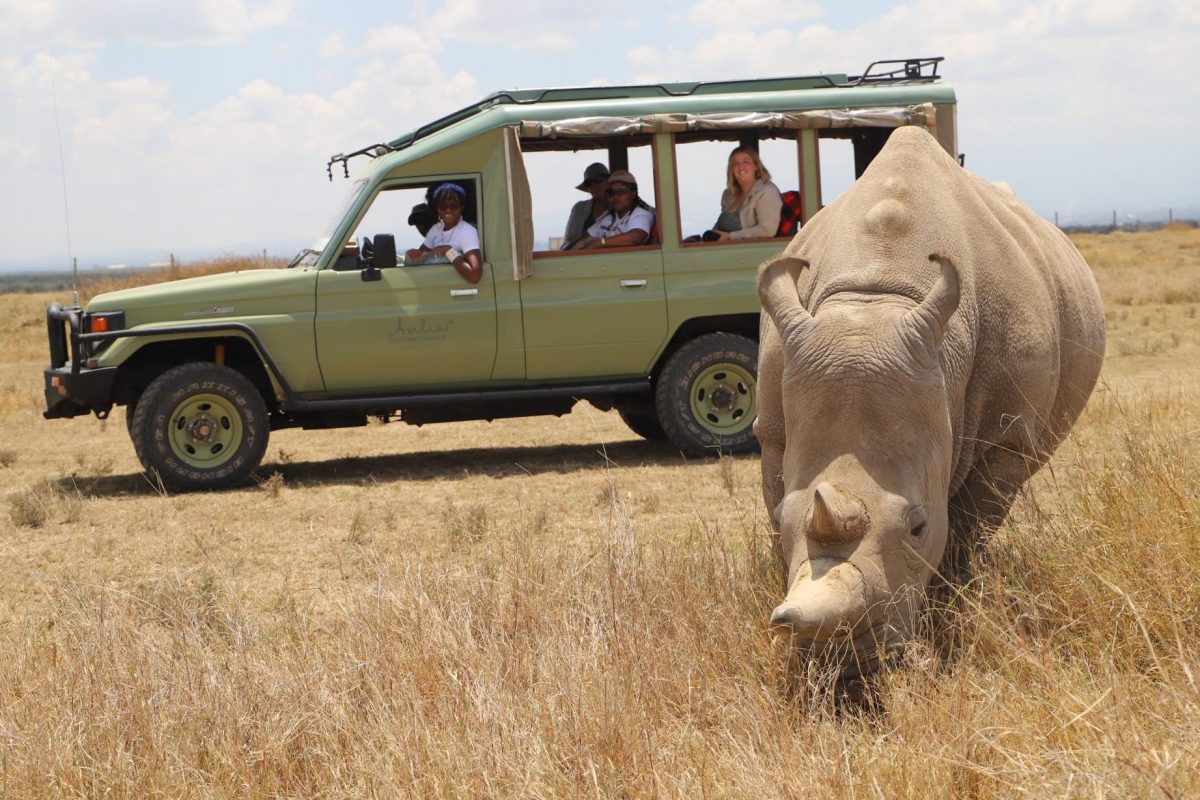Kenya Tourism Weighs Cost of Introducing Electric Vehicles to Wildlife Parks

Skift Take
Kenya recently announced that its national parks and game reserves will only allow non-fossil fuels to access it national parks and game reserves by 2030. In addition, all hospitality and tourism facilities will be required to adapt renewable energy and circular economy in their operations. The cabinet secretary for tourism in Kenya stated that this was a necessary move being that Kenya is a founding member of the newly launch of sustainable tourism global center.
But the move will come with enormous challenges — mainly the cost of electric vehicles in Kenya's storied park lands.
This comes as the industry confronts that transportation is tourism's main source of greenhouse gas emissions. On average, planes and cars generate the most CO2 per passenger mile, with tour buses, ferries, and trains coming well behind. Following the recent United Nations climate change summit in Glasgow, nearly 200 countries have committed to revisit and strengthen their 2030 emissions reductions plans next year, keeping the door open to the crucial 1.5°C temperature goal.
Kenya highly relies on tourism and rainfed agriculture which unfortunately are both susceptible to climate change and extreme weather events. Kenya's carbon dioxide (CO2) emissions amounted to roughly 16 million metric tons in 2020, down from 18.3 million metric tons in the previous year, according to Statista,. Despite this decrease, there has been an increase in the volumes of emissions from fossil fuels and industry in the country since 2000. And for this reason, it is necessary for the government to take the ne
